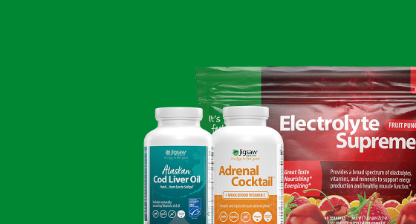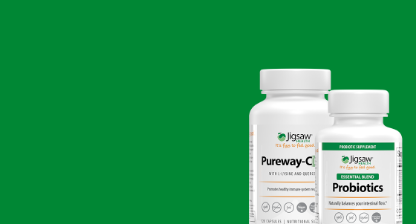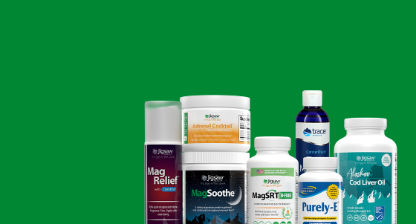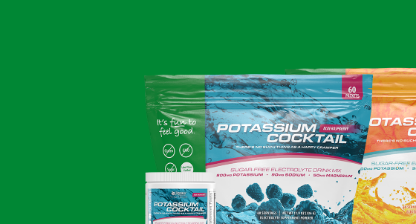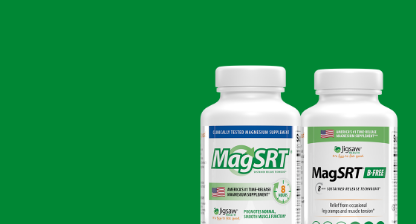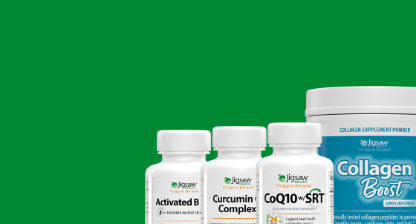Sugar alcohols have emerged as the preferred sweetener of choice.
They provide a whole lot of sweetness for less -- they have fewer calories than refined sugars and have a lower impact on blood sugar levels. Many people are also looking for alternative sources of sweetness that are not artificial either. Sugar alcohols fit the bill because they are extracted plant starches, so they are derived from a natural source.
An added bonus of sugar alcohols is that they don't promote tooth decay.
That's because bacteria can't utilize or feed upon sugar alcohols. While bacteria love to feed upon refined sugar, they simply can't utilize sugar alcohols. For this reason, the FDA has approved xylitol (sugar alcohol) as a good sweetening alternative that doesn't promote tooth decay. You'll see sugar alcohols such as xylitol in toothpaste, mints, and gums with the FDA-approved health claim does not promote tooth decay. Sugar alcohols are a real plus for anyone concerned about the detrimental effects of refined sugars on oral health, and who are looking for good alternatives to refined sugars.
How Can I Identify Sugar Alcohols?
Contrary to their name, sugar alcohols are neither sugars nor alcohol. They are called sugar alcohols because their chemical structure is similar to both sugar and alcohol, but they are neither. Sugar alcohols are also called polyols or sugar replacers and they include maltitol, polyglycitol (hydrogenated starch hydrolysate), xylitol, isomalt, sorbitol, lactitol, erythritol, and mannitol.
Sugar alcohols are not calorie-free. They are carbohydrates that have fewer calories and a lower glycemic index than refined sugars, so they tend to have a lower impact on blood sugar levels than refined sugars like high fructose corn syrup. Also, they are less sweet than sugar. Gram for gram, you need more sugar alcohols than refined sugar to provide an equal amount of sweetness.
| Sugar Alcohol | Glycemic Index (glucose=100) | Calories/gram |
| Maltitol Syrup (intermeediate) | 53 | 3 |
| Maltitol Syrup (regular) | 52 | 3 |
| Maltitol syrup (high) | 48 | 3 |
| Polyglycitol (hydrogenated starch hydrolysate) | 39 | 2.8 |
| Maltitol Syrup (high-polymer) | 36 | 3 |
| Maltitol | 36 | 2.7 |
| Xylitol | 13 | 3 |
| Isomalt | 9 | 2.1 |
| Sorbitol | 9 | 2.5 |
| Lactitol | 6 | 2 |
| Erythritol | 0 | 0.2 |
| Mannitol | 0 | 1.5 |
When it comes to watching your sugar intake, these tips will help you decide what's best for you.
Watch out for sugar-free labels. While it's true that many products claim to be sugar-free, that doesn't mean that their sweetness is calorie-free. Sugar alcohols do contain calories because they are carbohydrates.
Total carbs vs. net carbs. What's the difference? On the nutrition facts label, total carbs include all carbohydrates including all undigested carbohydrates. Net carbs count carbohydrates minus any undigested carbs. Fiber and sugar alcohols are not included in the net carb equation because they are only partially digested and require less insulin to be processed.
Moderation is key. It's important to note that the moderation of sugar alcohols (as with any carbohydrate) is essential. Your blood sugar can go up if you eat excessive amounts of sugar alcohols. One jelly bean with sugar alcohols may be insignificant, but a whole bag of jelly beans may contain a significant amount of sugar alcohols (and additional calories) -- enough to raise blood sugar levels.
As with any carbohydrate, if you over-eat sugar alcohols, the calories will add up, and your blood sugar levels may go up as well. In order to avoid the unpleasant symptoms of overindulging in sweetness, make sure you read food labels carefully and monitor your daily intake of sugar alcohols. By the end of the day, you might be surprised to find out that you're eating a lot more sugar alcohol than you thought.
Sugar alcohols may have a laxative effect. Moderate amounts of sugar alcohols generally don't cause stomach problems for most people. Stomach upset is usually due to an over-consumption of sugar alcohols, rather than the actual consumption of sugar alcohols. Plus, if your digestive tract is sluggish due to candida, a lack of hydrochloric acid in the stomach or a lack of digestive enzymes, the indigestible portion of sugar alcohols may tend to linger in the digestive tract for a longer period of time. Also, in order to reduce stomach upset, it's important to take care of your digestive tract by regularly taking probiotics and digestive enzymes, to ensure that your digestive system is always performing at its best.
Watch out for artificial sweeteners. Gram for gram, it takes more sugar alcohols to provide the same level of sweetness as refined sugar. In order to keep calories down and sweetness high, food manufacturers may use sugar alcohols in combination with artificial sweeteners like aspartame. If you're sensitive to artificial sweeteners, read the food labels of all products that claim to be sugar-free to make sure that you're not unknowingly getting this double combination.
Not all sugar alcohols are the same. Jigsaw Health uses xylitol (a preferred sweetener over maltitol) because it has a much lower glycemic index and a more significant impact on reducing bacteria. Studies have shown that xylitol has the ability to attract bacteria and then starve them (xylitol cannot be utilized by bacteria). The FDA has approved xylitol as an ingredient that does not promote tooth decay.


